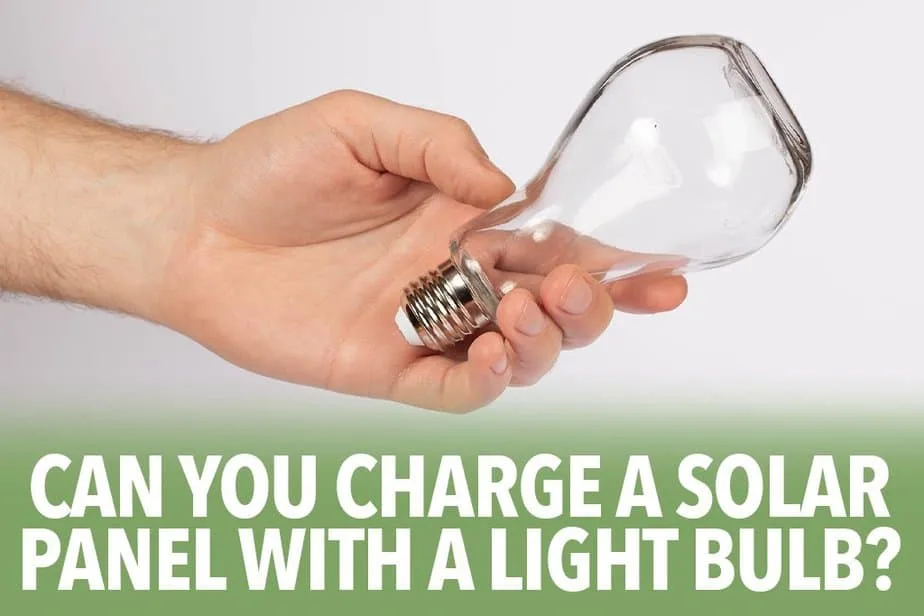
Can You Charge a Solar Panel with a Light Bulb?
Can I charge my solar panel with a light bulb? A question that sparks curiosity
in a world increasingly inclining towards sustainable solutions: Might you
accuse a solar board of light at any point? Let's illuminate this fascinating point
and investigate the surprising transaction between artificial light sources and
solar innovation.
When we consider solar panels, our minds normally float toward the vast, sun-
soaked fields or rooftops decorated with glimmering panels, harvesting the sun's
energy. Yet, what happens when the sun sets? We still need to drive our devices.
Enter the idea of charging solar panels with lights – an interesting and unusual
technique that could expand our understanding of renewable energy
applications.
Exploring the Science Behind Solar Panels
Before we dive into the possibility of charging solar panels with light bulbs, let's
unravel the science that powers these eco-friendly devices.
How Solar Panels Work?
- Solar panels consist of photovoltaic (PV) cells that convert sunlight into electricity.
- When photons from sunlight hit the PV cells, they knock electrons loose,
- creating an electric current. This process, known as the photovoltaic effect, is the cornerstone of solar
- energy production.
The Role of Light Intensity and Spectrum
- Light Intensity: The amount of energy a solar panel produces is directly related to the intensity of the light it receives.
- Light Spectrum: Solar panels are tuned to the spectrum of sunlight with a broad range of wavelengths.
The Feasibility of Charging with Artificial Light
Now, onto the burning question: Can a light bulb be a viable light source for
charging solar panels?
Understanding Artificial Light Sources
Artificial light, including that from light bulbs, is fundamentally different from
sunlight in both intensity and spectrum. However, this doesn’t mean it’s
incapable of charging a solar panel, albeit with certain caveats.
Types of Light Bulbs and Their Efficacy
LEDs: Known for their efficiency, LEDs emit a spectrum that can
partially stimulate the PV cells in solar panels.
Incandescent Bulbs: Emit a broader spectrum similar to sunlight but are
much less efficient and emit more heat.
CFLs: Compact Fluorescent Lamps are more efficient than incandescent
bulbs but less so than LEDs.
Practical Considerations and Tips
Charging a solar panel with a light bulb is more of an academic exercise than a
practical solution. Here's why:
Efficiency and Cost
1. Charging solar panels with artificial light is significantly less efficient
than using sunlight.
2. The energy consumed by the light bulb outweighs the electricity
generated by the panel, leading to net energy loss.
Tips for Optimal Results
1. If experimenting, use LED bulbs for their efficiency and closer-to-
sunlight spectrum.
2. Place the solar panel close to the light source to maximize the intensity of
light it receives.
Conclusion: Shining a Light on Renewable Energy Possibilities
While charging a solar panel with a light bulb is technically possible, it's less
energy-efficient than the abundant, freely available sunlight. This exploration,
however, underscores the incredible versatility and potential of solar technology
in harnessing light from various sources. Who knows what other enlightening
possibilities we might discover as we continue to innovate and strive for
sustainable energy solutions? Not only this but you can also use refurbished
batteries for solar panels.
Remember, the journey toward renewable energy is paved with curiosity,
learning, and experimentation. So, while you might not light up your whole
house using solar panels charged by light bulbs, delving into the capabilities of
these technologies broadens our horizons and deepens our understanding of the
renewable energy landscape.
"The quest for renewable energy sources often leads us down less traveled
paths, illuminating the way towards sustainable living." – Here's to exploring
every possibility, no matter how unconventional, on our journey to a greener
future.
